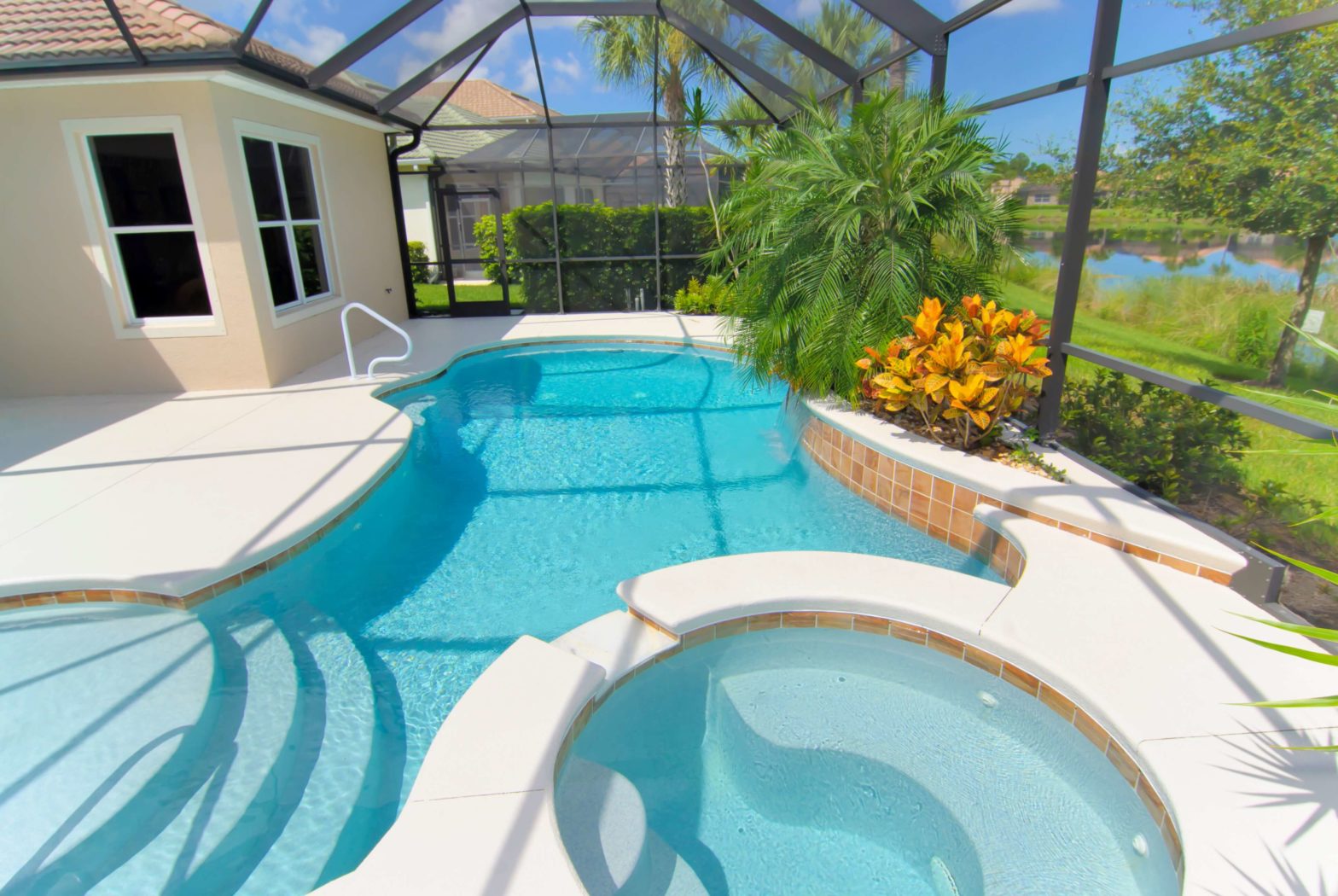Swimming Pool Liability for Vacation Rentals
October 19, 2022
Potential renters may find a private pool at a vacation rental to be a particularly alluring luxury. Pools, despite their potential popularity, come with a number of homeowner liabilities that must be addressed to prevent safety and legal issues.
In order to maintain the advantages that a pool provides to your vacation rental, you as the homeowner must implement suitable safety measures and combine them with sufficient insurance coverage to shield yourself from potential liability suits associated with your swimming pool.
We’ll go over the liability risks associated with having a pool at your vacation rental in this post, along with several strategies to address those dangers.
Swimming Pool Liability
Some possible liabilities may be quite clear when assessing the risk that a pool poses, while others may not be. Drowning or slip-and-fall incidents are obvious concerns, but don’t ignore things like water quality and chemical control. To effectively address your risks, you must properly identify them.
Ways to Mitigate Risks at Your Vacation Rental
You, as the homeowner, must adopt the appropriate safety measures to reduce the possibility of accidents on your property. You can achieve this by reading over, sharing, and modifying the pool rules when necessary. Reviewing all local and state laws governing pool operation should be the first step in this process to assure compliance. You should review the rules annually to make sure you’re still in compliance and taking care of liability issues. Additionally, you must thoroughly inspect the pool facilities regularly.
You should look closely at the following elements of your vacation rental’s pool to avoid major liability exposures:
- When the pool is closed, unwanted access should be prevented by entirely enclosing the pool area with a fence or other structure that has a gate or door with a locking mechanism.
- In case of an emergency, all rescue tools, such as flotation devices, life hooks, and backboards, are easily accessible. A first aid kit should also be on site.
- Chemicals should be stored in a safe location that is cold, dry, well-ventilated, and off-limits to customers.
- Make sure the pool area is well-lit to prevent potential injuries.
- Pool rules should be posted clearly in the pool area, and distributed to all renters.
Are You Properly Insured?
Even if you take all the necessary safety precautions, it’s crucial to be ready in case of an accident. Verify with Property Insurance HQ to see if the dangers associated with your pool are covered by your current vacation rental insurance. Inquire about any coverage restrictions that a policy might have while speaking to our team. It’s crucial to understand what is expected of you because some policies may not pay out in the case of a claim if your pool is not up to code.
For more information on vacation rental insurance cost, refer to our blog.
Get a Quote Here
